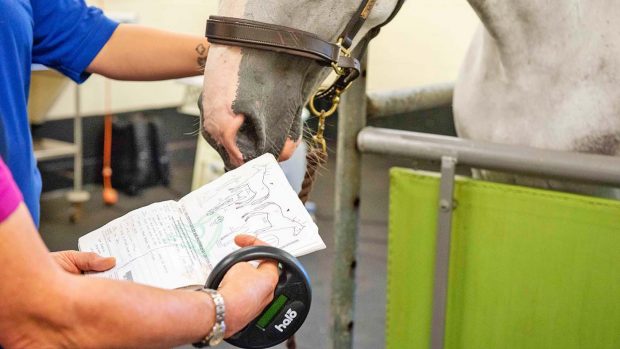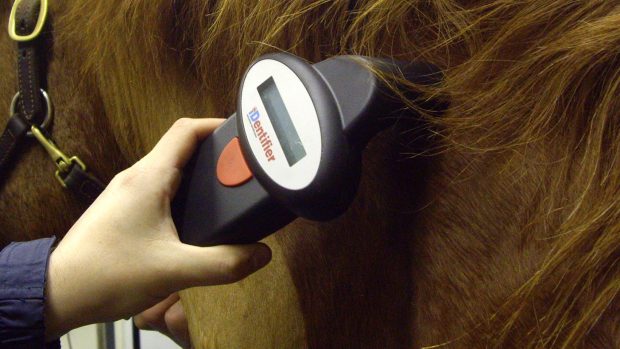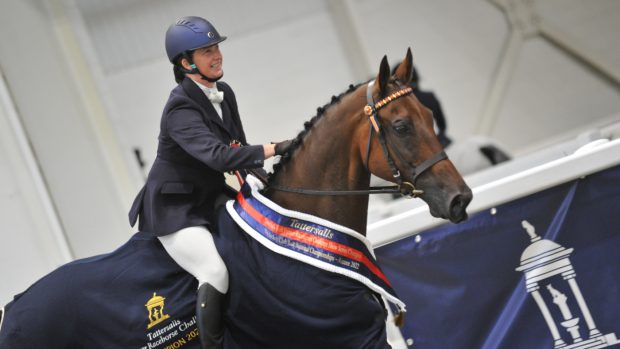More than half of all horse owners have not yet organised passports for their horses, while 10% intend to flout the law and not to get a passport at all, risking a major fine or prison term, according to a recent HHO’s latest weekly online survey.
The poll received replies from more than 1,000 HHO users and the results reflect the concerns and confusion felt by many horse owners. A lack of information on the final legislation from Defra has also left many feeling indifferent towards the initiative.
The draft legislation requires all horse owners to apply for a passport by the 31 December deadline, although a possible extension was hinted at by Lord Whitty, who told the House of Lords: “We are still considering whether any leeway should be given in respect of the implementation date.”
The final version of the passport legislation is currently with Defra’s lawyers and is not expected to go before parliament until early next month, leaving horse owners with just a few weeks to organise their application over a period that includes the traditional Christmas break.
“Understandably many people are waiting for the final legislation before organising their horse’s passports,” says Lynda Freebury from the ILPH. “Horse owners shouldn’t be required to get passports based on draft legislation which is still under review, but they are being required to do exactly that to stay within the law.”
Defra spokesperson Rachel Shaw replies: “We are encouraging horse owners to apply for passports before the final legislation is published to avoid the rush and because the actual information to be contained in the passport will not change as it is laid down in European legislation.”
The ILPH is also extremely concerned that Defra may not have acted on its advice with regards to section IX of the passport, where owners state if their horse is intended for human consumption or not.
Under the draft legislation, the current owner must state if the horse is intended for human consumption on application for the passport and this decision remains with the horse for the rest of its life.
The ILPH would like this section of the passport to remain empty until a horse requires a drug which cannot be issued to a food producing animal, at which point decision would have to be made by the current owner.
“If this isn’t changed, then the welfare of horses and ponies throughout the country will be at risk, as it will impose a decision on the person who owns the horse at the end of its life,” continues Linda.
“We are aware that some people are unhappy about the declaration and there are likely to be further changes as a result of comments made during the consultation,” replies Rachel from Defra. “We will announce the final decisions about this when the legislation is finalised in early November.”
Unless the draft legislation is changed, all horse owners will lose the right to choose if their horse may be used for human consumption on 31 December, as all passports issued after 1 January – except for foals or semi-feral ponies – will state that the horse is “not for human consumption”.
Linda says: “We are very worried that any horse owner who doesn’t get their passport application in on time will have this important decision taken for them by Defra.”
Concerns about how effectively the new legislation will be policed may be behind the decisions of those owners who do not intend to a get a passport for their animals.
“Without the scheme being based around a national database with every equine carrying a unique microchip, it will always be open to abuse,” says Linda, “and without the government offering financial support to the local trading standards authorities I can’t see how it will be adequately enforced.”
For more information on horse passports visit: www.defra.gov.uk





